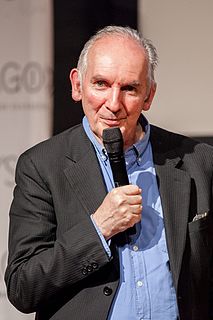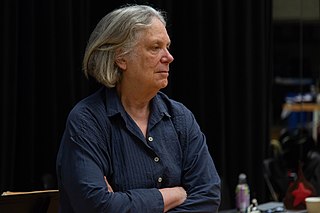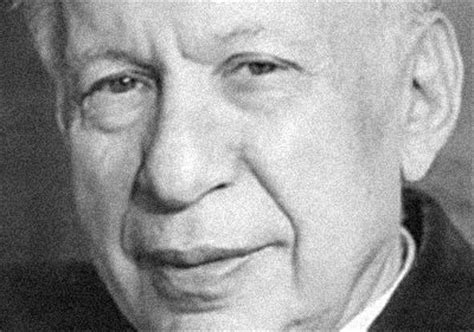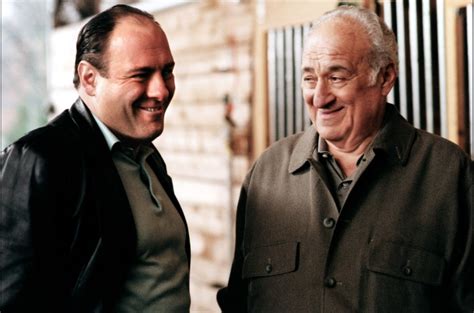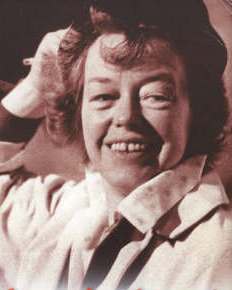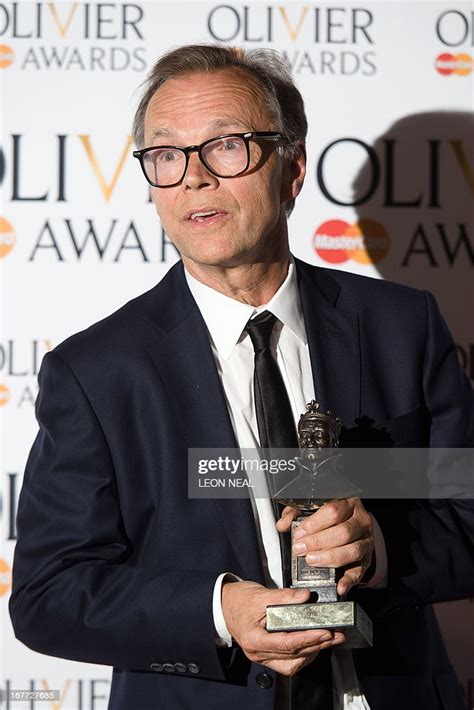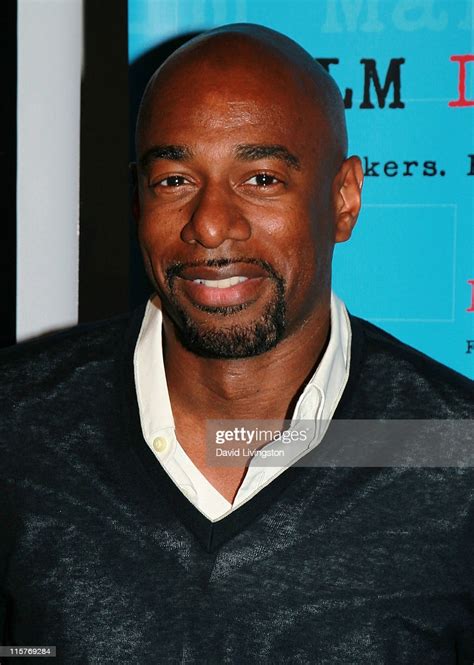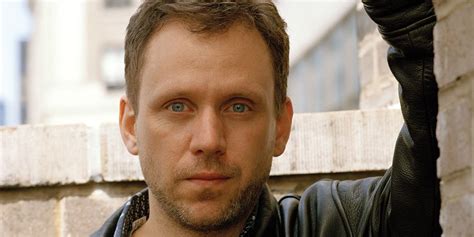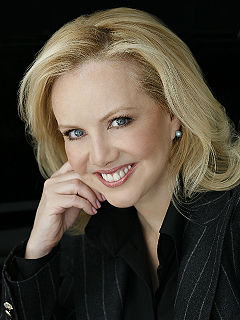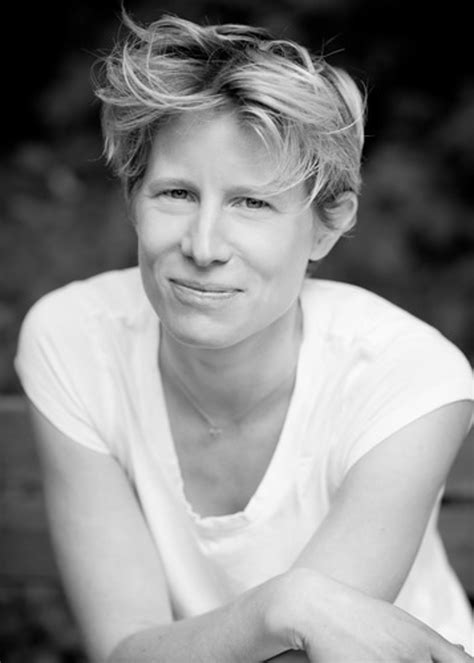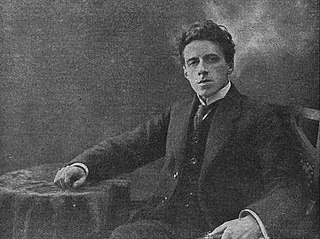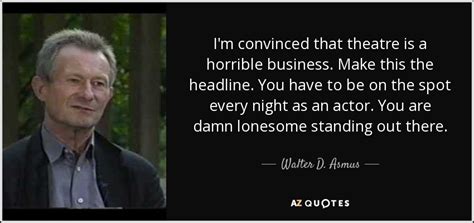A Quote by Mary Zimmerman
It has been said that the myth is a public dream, dreams are private myths. Unfortunately we give our mythic side scant attention these days. As a result, a great deal escapes us and we no longer understand our own actions. So it remains important and salutary to speak not only of the rational and easily understood, but also of enigmatic things: the irrational and the ambiguous. To speak both privately and publicly.
Quote Topics
Related Quotes
Do not let us speak of darker days, let us speak rather of sterner days. These are not dark days: these are great days-the greatest days our country has ever lived; and we must all thank God that we have been allowed, each of us according to our stations, to play a part in making these days memorable in the history of our race.
To love women, to love our vaginas, to know them and touch them and be familiar with who we are and what we need. To satisfy ourselves, to teach our lovers to satisfy us, to be present in our vaginas, to speak of them out loud, to speak of their hunger and pain and loneliness and humor, to make them visible so they cannot be ravaged in the dark without great consequence, so that our center, our point, our motor, our dream, is no longer detached, mutilated, numb, broken, invisible, or ashamed.
A myth is a way of making sense in a senseless world. Myths are narrative patterns that give significance to our existence. Whether the meaning of existence is only what we put into life by our own individual fortitude, as Sartre would hold, or whether there is a meaning we need to discover, as Kierkegaard would state, the result is the same: myths are our way of finding this meaning and significance.
The power of both myth and art is this magical ability to open doors, to make connections - not only between us and the natural world, but between us and the rest of humanity. Myths show us what we have in common with every other human being, no matter what culture we come from, no matter what century we live in. . .and at the same time, mythic stories and art celebrate our essential differences.
It helps to regard soul as an active intelligence, forming and plotting each person's fate. Translators use "plot" to render the ancient Greek word mythos in English. The plots that entangle our souls and draw forth our characters are the great myths. That is why we need a sense of myth and knowledge of different myths to gain insight into our epic struggles, our misalliances, and our tragedies. Myths show the imaginative structures inside our messes, and our human characters can locate themselves against the background of the characters of myth.
The principle of self-reliance grows out of a fundamental doctrine of the Church, that of agency. Just as each individual is accountable for his choices and actions in spiritual matters, so also is he accountable in temporal matters. It is through our own efforts and decisions that we earn our way in this life. While the Lord will magnify us in both subtle and dramatic ways, he can only guide our footsteps when we move our feet. Ultimately, our own actions determine our blessings or lack of them. It is a direct consequence of both agency and accountability.
The very shape of our dreams defines us. We learn about the world and try out our thoughts and visions in them. Our dreams goad us and drive us and summon and sustain us and when we are old they comfort us. Magic is a kind of dream, and love is a dream, and hope is a dream. Without our dreams, there is no sweetness, no purpose to life.
Considering the importance of resentment in our lives, and the damage it does, it receives scant attention from psychiatrists and psychologists. Resentment is a great rationalizer: it presents us with selected versions of our own past, so that we do not recognize our own mistakes and avoid the necessity to make painful choices.
?Reading good literature is an experience of pleasure...but it is also an experience of learning what and how we are, in our human integrity and our human imperfection, with our actions, our dreams, and our ghosts, alone and in relationships that link us to others, in our public image and in the secret recesses of our consciousness.
The most important human endeavor is the striving for morality in our actions. Our inner balance and even our very existence depend on it. Only morality in our actions can give beauty and dignity to life. To make this a living force and bring it to clear consciousness is perhaps the foremost task of education. The foundation of morality should not be made dependent on myth nor tied to any authority lest doubt about the myth or about the legitimacy of the authority imperil the foundation of sound judgment and action.
Trial by jury is a privilege of the highest and most beneficial nature [and] our most important guardian both of public and private liberty. The liberties of England cannot but subsist so long as this palladium remains sacred and inviolate, not only from all open attacks, ... but also from all secret machinations, which may sap and undermine it.
A blessed thing it is to have a friend; one human soul whom we can trust utterly; who knows the best and worst of us, and who loves us in spite of all our faults; who will speak the honest truth to us, while the world flatters us to our face, and laughs at us behind our back; who will give us counsel and reproof in a day of prosperity and self-conceit; but who, again, will comfort and encourage us in days of difficulty and sorrow, when the world leaves us alone to fight our own battle as we can.






